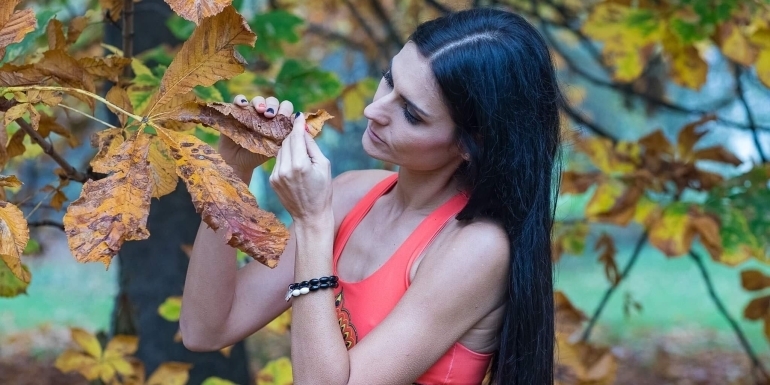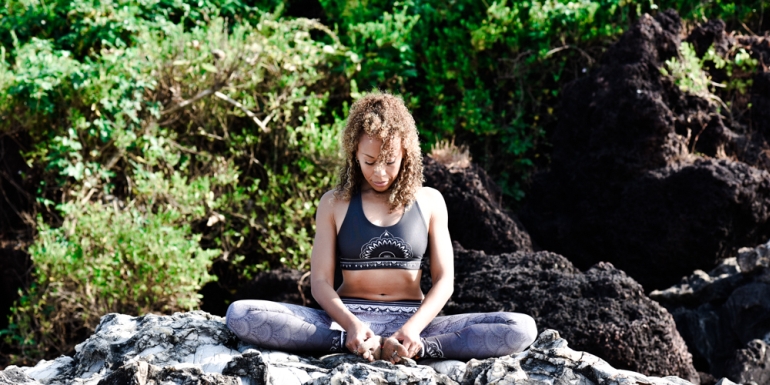
What is the mindfulness?
The term "mindfulness" (by the way, in Polish, it already appeared in Mikołaj Rej, did you know?), once very niche, has entered the everyday language for good. In spite of this, or perhaps because of this, there is some ambiguity around this term.
Explaining what the attentiveness is, there are different ways to go along. My friend says that mindfulness is if there is attention in something. It is the simplest and not at all a silly explanation. I often explain it in such a way that attention can be distracted and not distracted. When it is not distracted, we can focus it, concentrate it on one object or not distract it, and not to focus it, but to spill it out after our experience. One could also say otherwise that the mindfulness is allowing oneself to experience emerging experiences (emotions, thoughts, sensory impressions, etc.) as they are, without cutting oneself off from them or identifying oneself with them, not judging them, or naming them, simply experiencing them directly and being present. And this is precisely what is crucial in themindfulness - this attitude of accepting everything that appears in us.
Mindfulness in practice
The mindfulness can be cultivated both in formal practice (practicing asanas, pranayama or meditation) and in informal situations. When you want to bring more attentive presence into asana practice - before you start, give yourself a moment in silence, whether in samasthiti or in some sitting or lying position. Feel the weight of your body, feel and hear your breath, accept all the experiences that arise. Even this distraction, running away, unpleasant emotions or bizarre body experiences. Later on, your breath may guide you in further practice, but this is a topic for a separate article.

The key to being attentive in pranayama and meditation practice is learning to relax. Relaxation in yoga has several meanings: rest/regeneration, body relaxation, calming the mind. Each of these aspects is important and in fact it is best that they all occur at once, so as to bring us into a completely neutral (neither passive nor active) state of body and mind. When we talk about the final form of relaxation, it is a complete abandonment of control, but with attention.We lie or sit still, and when some experiences come up, we let them flow through us: we do not call them, we do not assess them, we do not push them out, but we do not "feed them" either. When an emotion appears, we do not try to suppress it, but we allow ourselves to experience it, we do not call it (we do not label it, stating that it is e.g. fear or anger, etc.), we do not assess it, we do not film it, nor do we allow ourselves to be dragged by it, to identify ourselves with it, but we allow ourselves to experience it as it is. We treat thoughts, sensory impressions and any other experience in the same way.
Daily mindfulness
However, as you may know, the path of a female yogi or a male yogi is not limited to formal practice. We strive to transfer this mindfulness, which we learn in the laboratory of formal practice, to every activity in everyday life. How we act, how we accept our thoughts, feelings and sensations, how we are aware of our motives.

In many Indian traditions, it is recommended that you give yourself 40 days' mindfulness tasks. The narrower the task, the deeper we enter with practice. Many people recommend that this issue be formulated into a question such as "Why do I reach for food?", "What makes me buy a new thing?", "Is that what I want to say?", "Am I honest in my relationship?", "What do I do when there is a difficult experience?", "How do I behave when there is fear?". We choose or formulate one such question, to which we return for 40 days, not evaluating our conduct in its scope, simply trying to be aware of the question and our actions related to it. And you, what question you will be asking yourself for the next 40 days?




Leave a Reply Cancel Reply